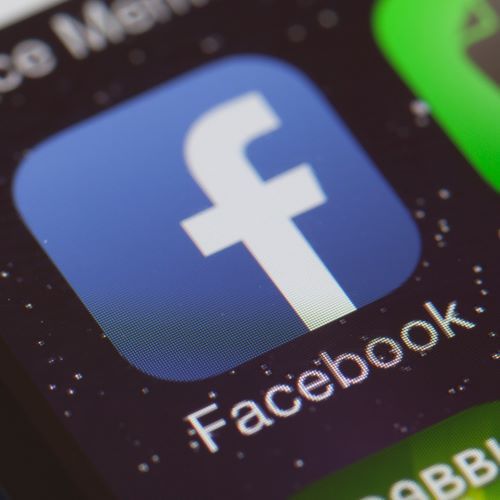In a blog and memo to staff, Facebook's founder says the old normal is back and that he misjudged the market.

Confirmation the US tech sector's years of plenty are over came in a blog by Mark Zuckerberg, one of its most recognizable faces. Around 11,000 jobs are to be cut at Facebook (calling itself Meta), representing around 13% of total headcount, said the company's founder and CEO. Staff were apparently notified by old-fashioned email, still good for the somber tone needed on these occasions, as their access to various other Facebook systems containing "sensitive information" was denied.
It was not unexpected in the wider world following reports of pending layoffs earlier this week. Yet just a few weeks ago, Dave Wehner, Facebook's chief financial officer, was telling investors that headcount next year would be "roughly flat with current levels." Unless an improbable hiring spree happens in the next few months, Facebook looks destined to be considerably smaller.
As a seemingly contrite Zuckerberg part-explained in his blog/redundancy memo, Facebook is bleeding, and its boss misjudged the market badly by over-investing on the assumption a pandemic-era boom would last. The world's biggest social network has been whacked hard from several directions. While user engagement was up for the recent third quarter, many youngsters prefer newer platforms like TikTok. To the average tween, Facebook is something old people do in the evening on a typewriter-style keyboard. Zuckerberg's only acknowledgement of this was a reference to "increased competition" in his blog.
Figure 1:  Facebook's Mark Zuckerberg is cutting 13% of jobs across his business.
Facebook's Mark Zuckerberg is cutting 13% of jobs across his business.
(Source: Meta)
For one reason or another, some advertisers are pulling out, he seemed to admit (referring to "ads signal loss"). Changes to Apple's operating system are largely responsible, making it harder for developers including Facebook to track user behavior. But Zuckerberg also appears to blame the end of the pandemic and the online frenzy that occurred when people were imprisoned in their homes with nothing else to do. Online commerce, he said, has now "returned to prior trends." Sales dropped 4% year-on-year for the recent third quarter, to about $27.7 billion.
Add an inflationary crisis into the mix, along with Zuckerberg's R&D splurge on the metaverse, and Facebook was looking at a halving of its net income, to roughly $4.4 billion. His fixation on the metaverse, a kind of virtual-reality emporium that Zuckerberg sees as the Internet's natural successor, unnerves some in the financial community. Facebook has nothing to show for its investments so far except a handful of seasick headset wearers and a big hole in its profits.
Still fixated on the metaverse
Zuckerberg is undaunted, though. "We've shifted more of our resources onto a smaller number of high priority growth areas – like our AI discovery engine, our ads and business platforms, and our long-term vision for the metaverse," he wrote. The implication is that other business units will now pay the price in layoffs.
Workforce growth at Facebook has been astonishing in recent years, and especially in the last 21 months. Since the end of 2020, the company has gained more than 28,000 employees, including 15,000 this year alone. It finished 2016, the year it founded the Telecom Infra Project, with only 17,000 employees. Even after the planned cuts, it will employ 76,000, more than it did at the start of last year.
Want to know more about 5G? Check out our dedicated 5G content channel here on Light Reading.
Nevertheless, the mood of gloom will be spreading across the technology sector this week. Proving an advertising downturn is not just a Facebook problem, Twitter is reportedly laying off about half its 7,500 employees. Outside social media, Amazon is said to have cut about 100,000 jobs this year, leaving it with approximately 1.5 million employees (still more than the entire population of Estonia). Microsoft has reportedly cut 1,000. And Intel, after growing by 10,500 employees in 2021, is looking for $3 billion in cost savings next year after reporting some disastrous results.
There may be an upside to all this. The "new normal" of perennial Zoom calls and socializing online turned out to be remarkably short-lived, proving most people still prefer a meeting in the office or a natter in the pub to the Internet alternatives. Everyone prays the cost-of-living crisis will pass, and layoffs are never a good thing. But the idea people are spending less time in their social media bubbles – however true it may be – does at least sound healthy after all the misinformation and vitriol that went viral in 2020. Here's hoping more of the old normal returns soon.
Related posts:
— Iain Morris, International Editor, Light Reading
About the Author(s)
You May Also Like











